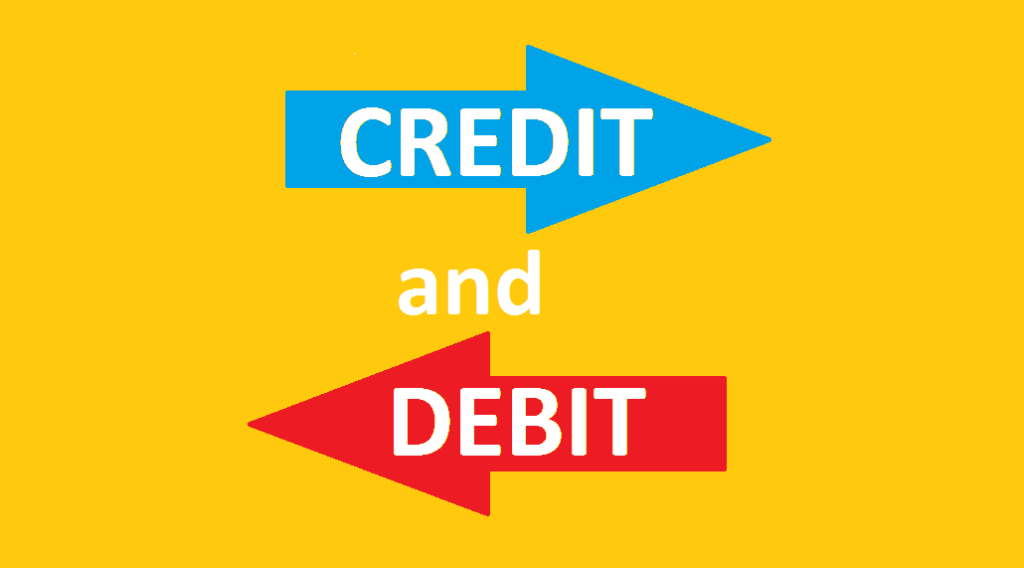 Good credit helps with more than borrowing; it can factor into everything from renting an apartment to getting a cell phone. Lenders, landlords, and utility providers may all review your credit report when making decisions about your credit history. Establishing good credit habits is essential to build and improve your credit history and credit score.
Good credit helps with more than borrowing; it can factor into everything from renting an apartment to getting a cell phone. Lenders, landlords, and utility providers may all review your credit report when making decisions about your credit history. Establishing good credit habits is essential to build and improve your credit history and credit score.
Pay your bills on time
Prioritize and schedule your monthly payments. Make sure you pay at least the minimum payment on time every month on all your accounts. Your payment history makes up approximately 35% of your credit score, so making timely payments is an important way to improve your credit score.
Consider setting up alerts for when your payments are due and check into online bill pay to conveniently pay all your bills online.
Keep track of your credit balances
Stay on top of how much you’ve borrowed against your available credit and make sure to stay within your credit limit — and your budget. Keeping track of your spending will help you avoid maxing out your credit cards, exceeding your credit limit, or missing payments.
One great way to manage your balances is to use online banking to view your monthly credit card statements. You can also set up text or email alerts to help you monitor your spending, track purchases, and more.
Credit tip: Keep your credit utilization rate below 30% may help you maximize your credit score.
Manage your debt-to-income ratio
Compare how much you spend on your monthly recurring debts (like loan payments, rent payments, etc.) against your income. Lenders use your debt-to-income ratio to assess your ability to pay back any new debt (Your debt-to-income ratio is the percentage of your monthly income that goes toward paying down debts and other monthly expenses like rent). Keeping your obligations much lower than your income helps ensure a lower DTI ratio, which may make it easier for you to qualify for new credit.
It’s helpful to create a budget to track and plan your spending.
Have an emergency fund
In addition to a regular contribution to your savings account, it’s a good idea to set money aside every month for an emergency fund. This helps ensure that you’ll be able to meet your credit obligations and unexpected expenses, if your situation changes.
Although, it can be challenging to save when you have other financial obligations but make it a personal goal to pay yourself first, and be better prepared for the unexpected, so that if and when a situation arises, you have the funds you need. Take a close look at your expenses, you may find that even small changes in spending habits, such as limiting how much you eat out or making less frequent trips to the salon can make a difference.
Even if you can only pay yourself a small amount right now, determine how much of your monthly salary you need to set aside to meet your financial goal, and find ways to make changes that will impact your expenses in the long-term. Decide if you can manage without an expense data plan for your cellphone or premium cable channels, update your plans the next time your contract is up and put the difference toward your savings goals.
Practice making payments before taking on new debt
Find out from a lender how much your estimated monthly payments would be for a new loan, and then transfer this amount into a separate savings account for 3 – 4 months. If you can comfortably handle this cost, you can probably afford these payments. Plus, at the end of the practice period, you’ll have money in your savings that you can use to make a down payment, lower the amount you borrow, or put into an emergency fund.
Avoid maxing out credit accounts
Keep track of your credit transactions, especially your credit card activity. Check that you’re not exceeding or maxing out your credit line, since this can reflect negatively on your credit report. You can set up different types of alerts (such as email and text) and other services to remember upcoming payments, so that you’re managing your credit usage responsibly.
Monitor your credit reports
Monitor your credit score and reports at least once a year with all three national credit bureau agencies: Equifax, Experian, and TransUnion to ensure they’re accurate. You’ll be able to catch any errors or fraud and correct them before they impact your credit history or credit score.
